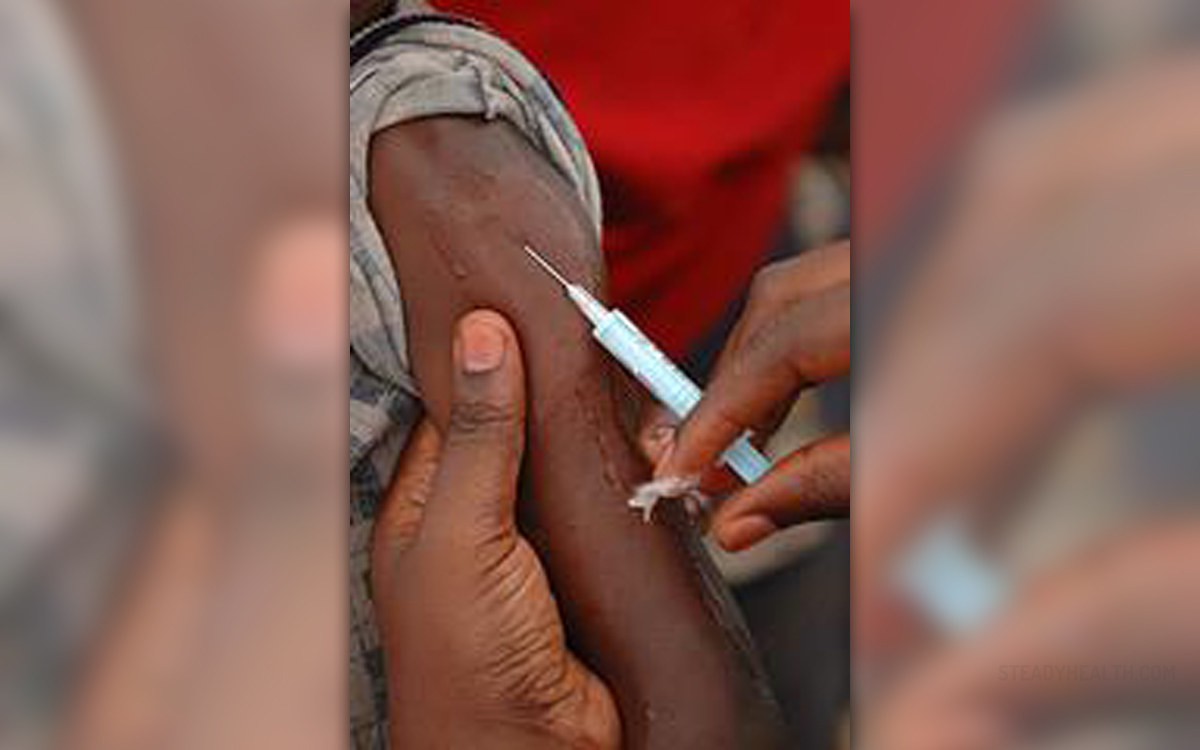
Measles- General Information
Measles or morbilli is a very contagious viral disease that usually passes from one person to another through millions of tiny droplets from the nose and the mouth of an infected person. If these droplets are inhaled or if a person touches objects where the droplets have landed, he or she is likely to contract the virus that causes measles.
Measles is easily recognized by characteristic red or brown spots it causes on the skin, and it also causes fever and coughing.
This disease is not very common today, thanks to vaccination campaigns applied in most of the countries. The vaccine provides protection against not only measles but also from mumps and rubella, and it is called MMR. However, in the past years, many parents have refused to have their children vaccinated, mostly due to speculations that linked MMR with autism.
Measles is common among young children, ages one to four, but it can also affect anyone who has not been vaccinated. It is said that when an adult suffers from measles, he or she suffers from more severe symptoms than children do, and the recovery time is supposedly much longer.
There is no specific treatment for measles as the body’s own immune system fights the infection in a couple of weeks. After the illness is gone, the body becomes immune to it and in most cases the infection will never occur again, even after exposure.
However, some complications from measles are possible and they may include pneumonia, croup and eye and ear infections. Severe complications, such as encephalitis, are rare but possibly fatal.
Prevention of measles
The single best means of prevention against measles is still the MMR vaccine. Vaccinated children and those who have already had measles are most likely to be completely immune to this illness.
The vaccination for MMR is done in stages. The first vaccine is administered around 13 months of age and a booster dose is due before a child starts school, which is from ages three to five. The booster dose helps to increase protection because most children are not completely immune after the first vaccine.
Aside from vaccination, prevention may also consist of avoiding contact with infected persons. As this is not always possible, it is still recommended to get vaccinated. Children whose mothers have had measles are considered to be immune, thanks to the antibodies passed from the mother. If the mother has not had measles, the child can be given human normal immunoglobulin shot, which is not a vaccine but a combination of antibodies providing immediate and short-term protection.



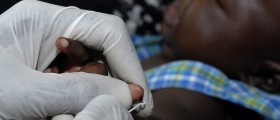
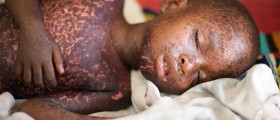


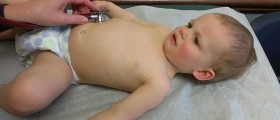

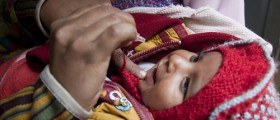



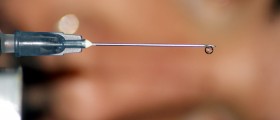

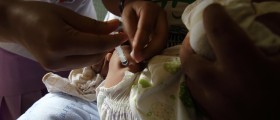
Your thoughts on this
Loading...